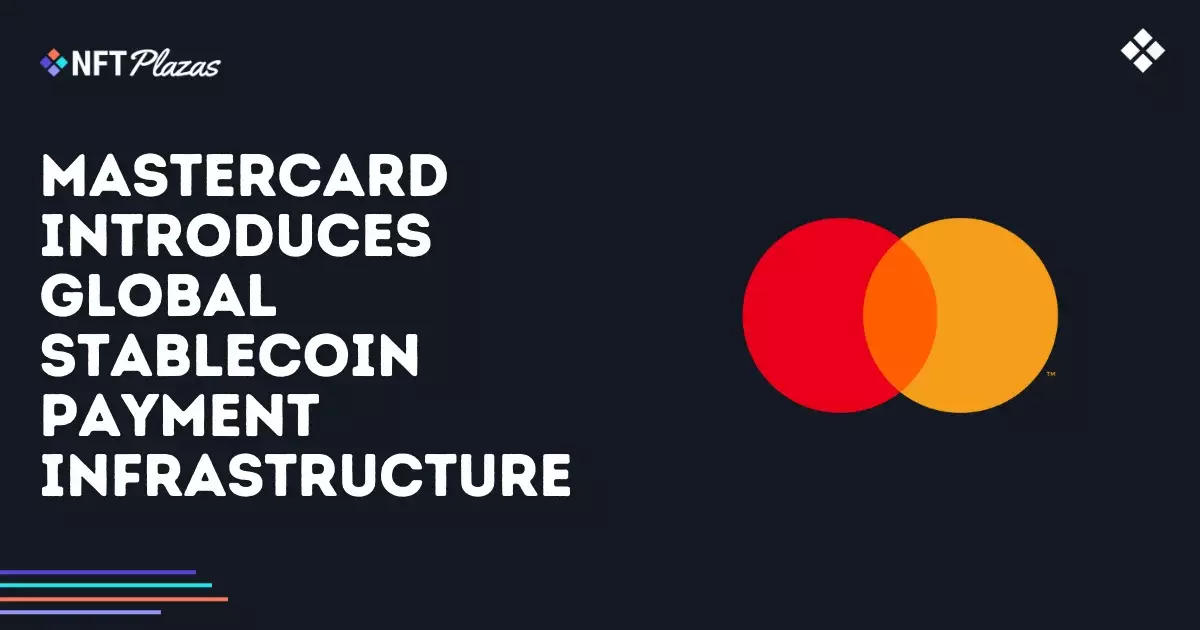Ubisoft’s recent unveiling of the Decentralized Verification Network (DVN) signals a bold step forward in the realm of blockchain gaming. This initiative tackles a pressing issue that has plagued the gaming industry: the challenge of transferring digital assets across diverse blockchain networks. By partnering with LayerZero, Ubisoft is addressing significant technical hurdles associated with asset portability and ownership verification. In an era where gamers demand interoperability and consistency, this new protocol is not just innovative; it’s essential for the evolving digital landscape.
Empowering Developers with Flexibility
One of the standout features of the DVN is its permissionless nature. Unlike rigid security systems often favored in traditional gaming environments, DVNs allow any entity to create their own verification methods. This aspect empowers developers, who can tailor security configurations to meet the specific needs of their applications. Adopting such a flexible approach creates a competitive edge in the gaming market, where the ability to customize security protocols can significantly impact user experience.
While this freedom is promising, it raises questions about standardization and security. As the industry moves toward decentralization, having disparate verification methods may introduce vulnerabilities. Developers need to tread cautiously, balancing flexibility with safety in a quickly evolving digital atmosphere. Failure to do so could lead to incidents that undermine trust in blockchain gaming.
Navigating the Expansion of Blockchain Gaming
Ubisoft’s endeavors in the blockchain domain aren’t just a fleeting trend; rather, they align with a broader vision for the future of gaming. The company has been experimenting with blockchain technology since 2021, which provides a foundation of experience that may be beneficial. The launch of DVN will undoubtedly shape upcoming projects, such as the anticipated Might & Magic: Fates. However, the real question lies in whether this protocol can uphold its promises amid the rapid technology shifts that characterize the blockchain landscape.
With over 130 blockchain networks supported, the DVN is designed to foster a sense of unity among otherwise fragmented platforms. This could be the antidote to a longstanding headache for gamers who find themselves locked within specific ecosystems. Nonetheless, the potential for analogies can’t be ignored; while it aims to reduce barriers, the complexity may ironically create new obstacles, requiring gamers to adapt to a mosaic of rules and protocols.
Implications for Future Gaming Experiences
As blockchain technology advances, the role of major gaming companies, such as Ubisoft, becomes increasingly crucial. By advocating for decentralized assets and crafting the infrastructure to support them, they are positioning themselves at the forefront of the gaming revolution. While this brings excitement, it also raises ethical considerations regarding the commodification of in-game assets, which could alienate traditional gamers who prioritize enjoyment over investment.
As we consider the implications of such innovations, it’s evident that the DVN could either proliferate game engagement or foster new monopolistic structures. The future of gaming may pivot decisively on how industry leaders manage this transition. Therefore, as Ubisoft continues down this path, vigilance and ethical considerations remain paramount to ensure that the future of gaming not only expands but also remains inclusive and enjoyable for all players.

